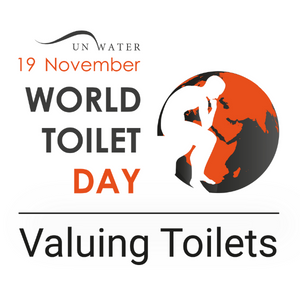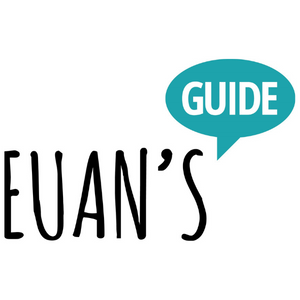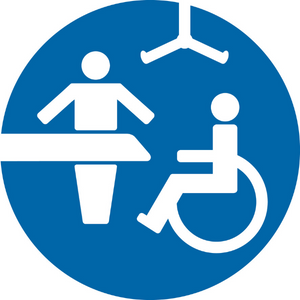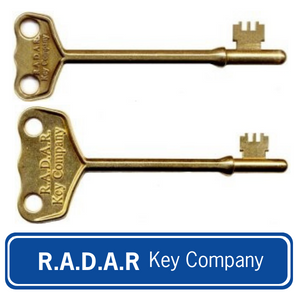UN World Toilet Day
19th November 2021 - UN World Toilet Day
In a world full of awareness days, yes, “World Toilet Day” really is a thing and let’s face it, it is an important thing that effects everyone of us, regardless of any other condition or situation. We all need to go, somehow and somewhere!
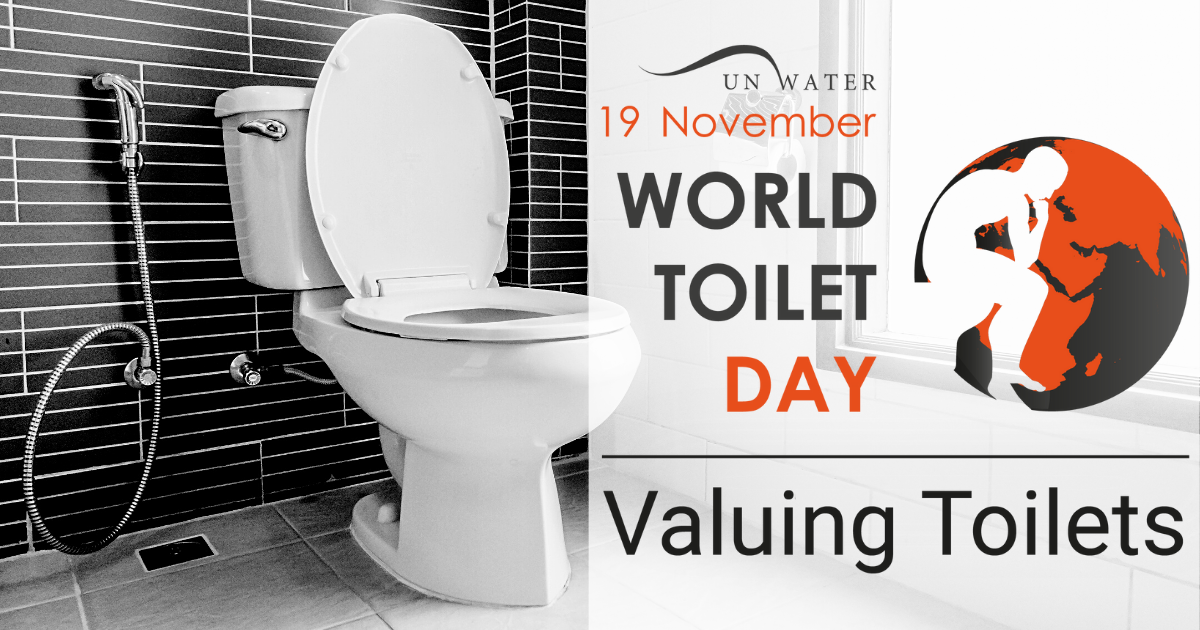
Toilets for everyone
Set up in 2001, The World Toilet Organisation was established with the aim of breaking the taboo around toilets and the global sanitation crisis. Clean and safe toilets are prerequisites for health, dignity, privacy and education. If you would like to read more about their campaign, you will find a link at the end of this article. This is a golden opportunity to talk about inclusive toilets and toileting products.
Products and equipment for toileting
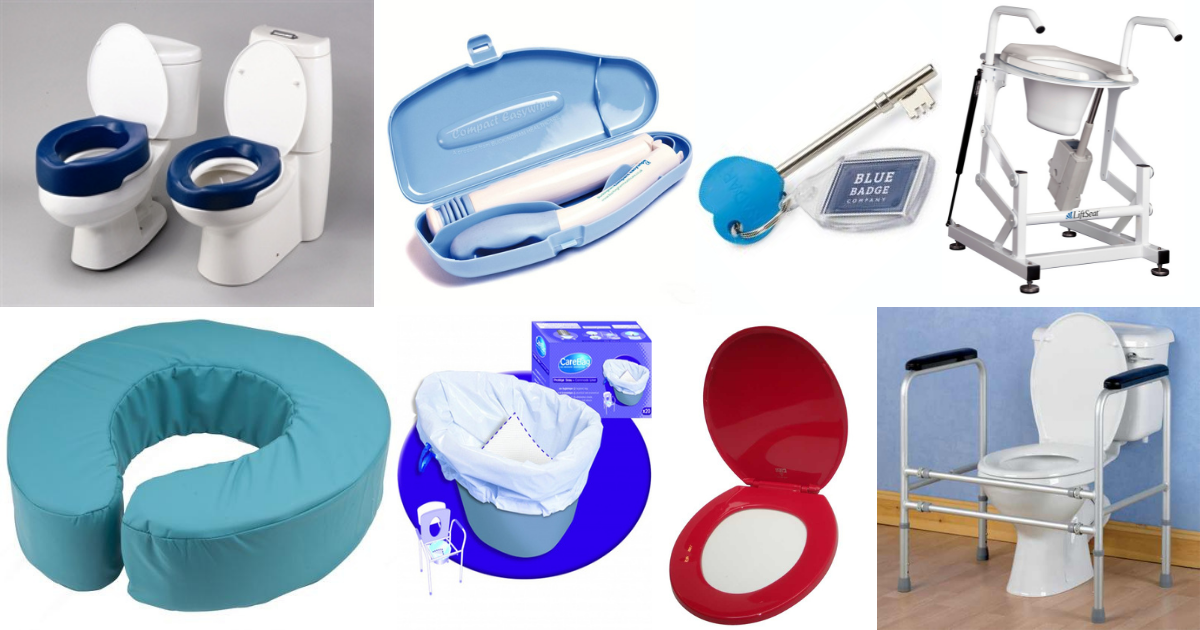
Here at Living Made Easy we would like to take this opportunity to break the taboo around accessible toilets, toilet aids and adaptations and share impartial and practical information and advice to help you stay independent as long as possible.
You can read our Hints & Tips article on Toileting (published on World Toilet Day, 19th November).
Whilst these Hints & Tips can help you in the home, we would also like to build awareness of the fantastic work being carried out by two charities that are helping to ensure that accessible toilets and Changing Places Toilets are available when you are out and about.
Accessible Toilets and the Red Cord Campaign
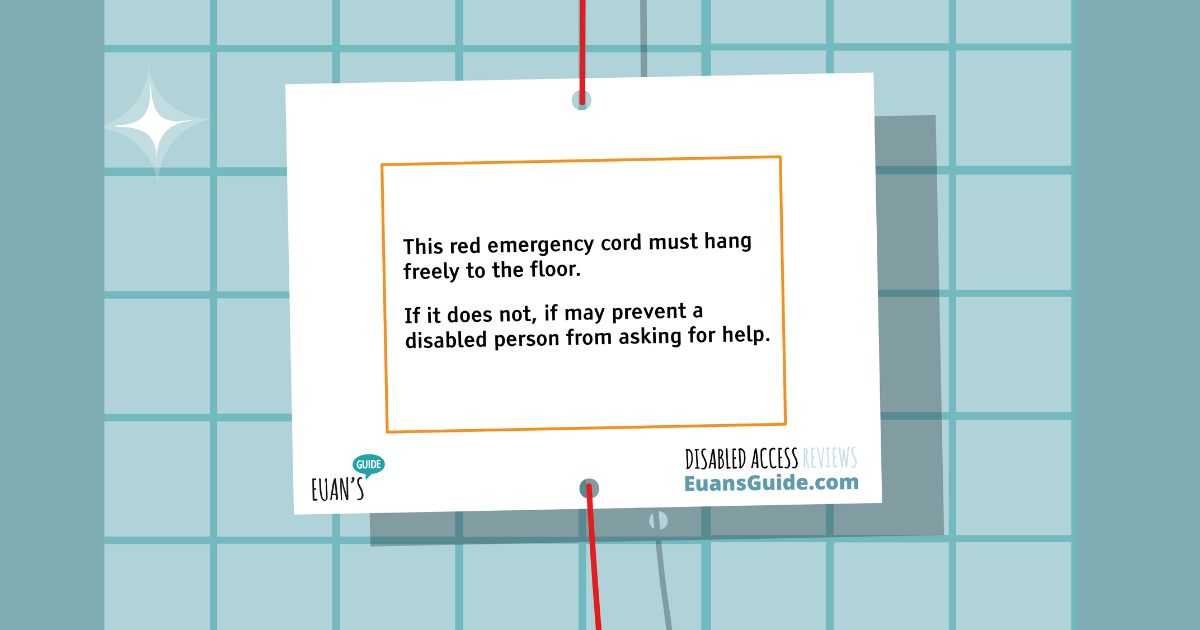
Euan’s Guide, the access charity, has been running a very simple and successful campaign to ensure that the Red Cord that hangs in accessible toilets is freely available and not tied up out of reach. Highlighting the importance of this simple piece of safety equipment can be extremely important to anyone using an accessible toilet. The purpose of the Red Cord is to allow the user of the toilet to call for help should it be needed. If this cord is tied “out of the way” it becomes unusable.
The Red Cord campaign provides cards to leave with every red emergency cord (good & bad) to remind everyone to leave correctly positioned cords as they are, and it alert venues and staff to cords that are not safe and need to be fixed.
“This red emergency cord must hand freely all the way to the floor. It is does not; it may prevent a disabled person from asking for help.”
Red Cord Card campaign supporters have helped to distribute over 60,000 Red Cord Cards, making thousands of accessible toilets across the UK safer.
Read more on Safer Toilets from Euan's Guide.
Changing Places Toilets – much more than accessible toilets
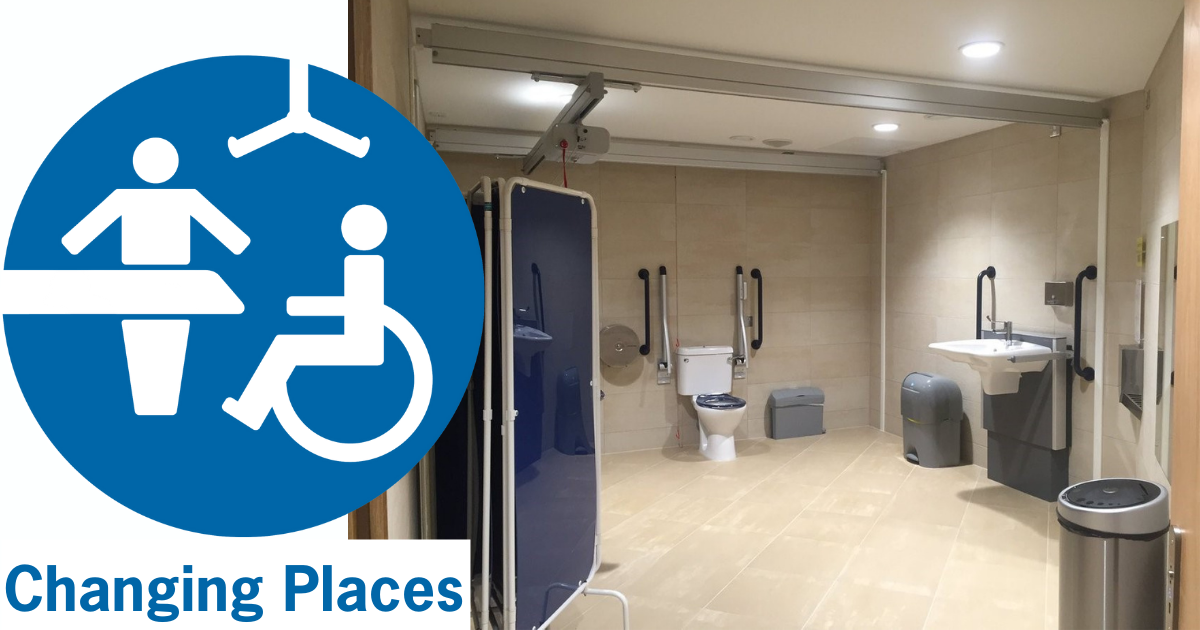
Muscular Dystrophy UK co-chairs the Changing Places Consortium, which is an ongoing campaign to install more of these facilities in new and existing buildings.
Changing Places toilets are vital for the 250,000 people living with severe disabilities - such as muscle-wasting conditions - who rely on them when out and about.
These are different to standard accessible toilets in that they have extra space and specialist equipment such as a changing bench and hoist to allow people to use the toilet safely and with dignity.
Without access to Changing Places toilets, people often limit their fluid intake, are forced to get changed on dirty, unhygienic floors, and even take action as drastic as surgery to avoid having to use a toilet that isn’t suitable for their needs.
With Changing Places toilets available in the right places, thousands of disabled people will have the confidence to work, travel, explore and have fun – things that so many of us take for granted.
It’s therefore crucial that the network of Changing Places toilets – there are currently just under 1,700 – is developed, and Muscular Dystrophy UK is delighted at the roll-out of a £30m government fund to install them in new buildings across England.
So, whether you need help at home with equipment and adaptations, or use accessible toilets or Changing Places Toilets, it’s a subject that cannot be avoided and one that can prevent independence and freedom of movement if ignored.
Accessible public toilets, designed to provide better facilities with more space, might also be fitted with a special lock to give access only to people with disabilities. Keys are available from local councils, or from the organisation RADAR’s National Key Scheme for a small charge. RADAR also holds a list of the public toilets that belong to this National Key Scheme and apps are also available to help you find accessible toilets when you are out and about.
For more information you can click on the following links:
Living Made Easy Hints & Tips on toileting
Try the Toilet Topic in AskSARA
You can also use the main navigation at the top of Living Made Easy to navigate through Health and Personal Care to Bathing and toileting categories or click on the links below:
Toilet/Commode and Shower Chairs
Other useful links mentioned in this news story:
